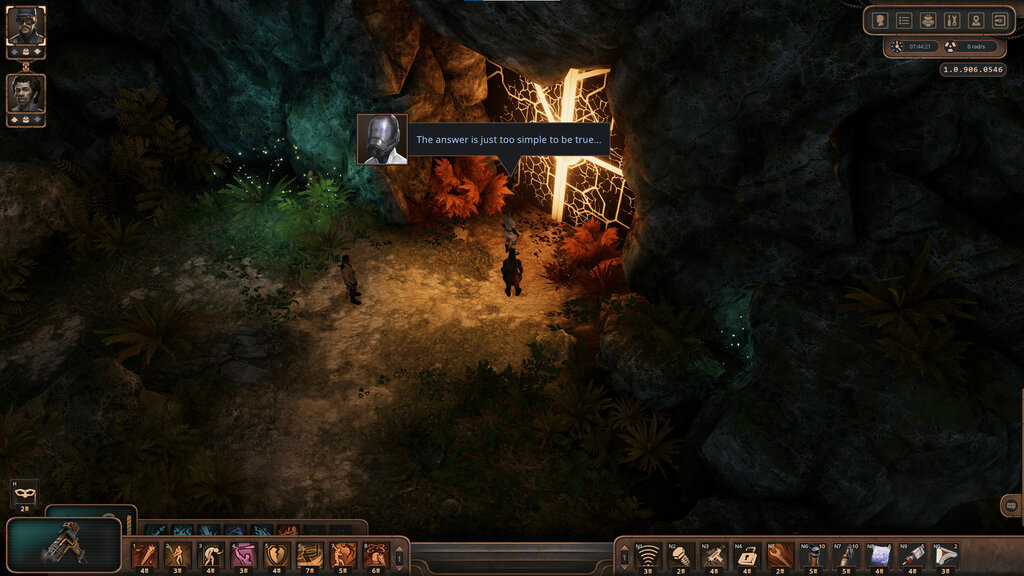Tens of thousands are set to take to the streets across Northern Ireland for the Orange Order's annual July 12 parades. The festivities will be spread across 19 main locations to mark the 334th anniversary of the Battle of the Boyne where the Protestant King William of Orange triumphed over the Catholic King James II.
It comes after the burning of bonfires at an estimated 300 locations in loyalist neighbourhoods across the region on Thursday and Friday nights. On Sunday morning, an Orange Order parade has been permitted to pass Ardoyne shops in north Belfast restricted to one band and 50 members of the order.
Return to former flashpoint
It is a return parade at a former flashpoint which traditionally took place on the evening of July 12 often resulting in violent scenes. Meanwhile, the traditional July 13 events organised by the Royal Black Preceptory in the village of Scarva, Co Armagh will take place on Monday.
The event includes a parade as well as a sham fight between actors playing rival monarchs William and James. While most of the bonfires passed off peacefully, there was condemnation after effigies of migrants in a boat were burned on a bonfire in Moygashel, Co Tyrone.
Controversial bonfire incidents
Pictures of the Irish rap band Kneecap and Irish flags were also burned on other pyres. But the most contentious bonfire was located on a site containing asbestos and close to an electricity sub station off the Donegall Road in south Belfast.
Of all the loyal order parades to take place on Saturday, around 30 have been officially categorised as sensitive by the Parades Commission. Locations of sensitive parades this year include Belfast, Coleraine, Keady, Dunloy, Rasharkin, Strabane, Newtownabbey, Maghera, Newtownbutler, Portadown, Glengormley and Bellaghy.
Massive police operation
More than 4,000 police officers and police staff will be working on July 12. On the 11th night, around 1,200 officers were deployed to monitor public safety at bonfires.
The cost of policing parades and bonfires in Northern Ireland through spring and summer was £6.1 million last year, a figure that was up £1.5 million on the previous year. The bill, which covers the period April 1 to August 31, also includes the cost of policing republican commemorations around Easter and events to mark the mid-August anniversary of the introduction of internment without trial during the Troubles.
Rising costs expected
The PSNI expects the costs in 2025 to be higher still. This is due to falling police numbers and the resultant increased reliance on paying overtime to ensure enough officers are on duty for the events.
Chief Constable Jon Boutcher has urged mutual respect in the marking of events. "These celebrations and others that occur throughout the year are a valued part of Northern Ireland's local history and culture," he said.
Call for unity
"They can and should be occasions where communities come together in a spirit of inclusiveness and pride, through local traditions. Mutual respect is the foundation of strong, safe communities. There is no place for hate or intimidation--only space for celebration that welcomes and celebrates not divides."
"Our officers will be on the ground throughout the weekend, working in partnership with community leaders, event organisers, and local representatives to support lawful, peaceful, and family-friendly events. However where necessary, we will take firm and proportionate action to keep people safe. Our priority remains the safety and wellbeing of everyone. Let's ensure that this weekend reflects the very best of our communities: proud, respectful, and united."
(PA/London) Note: This article has been edited with the help of Artificial Intelligence.






